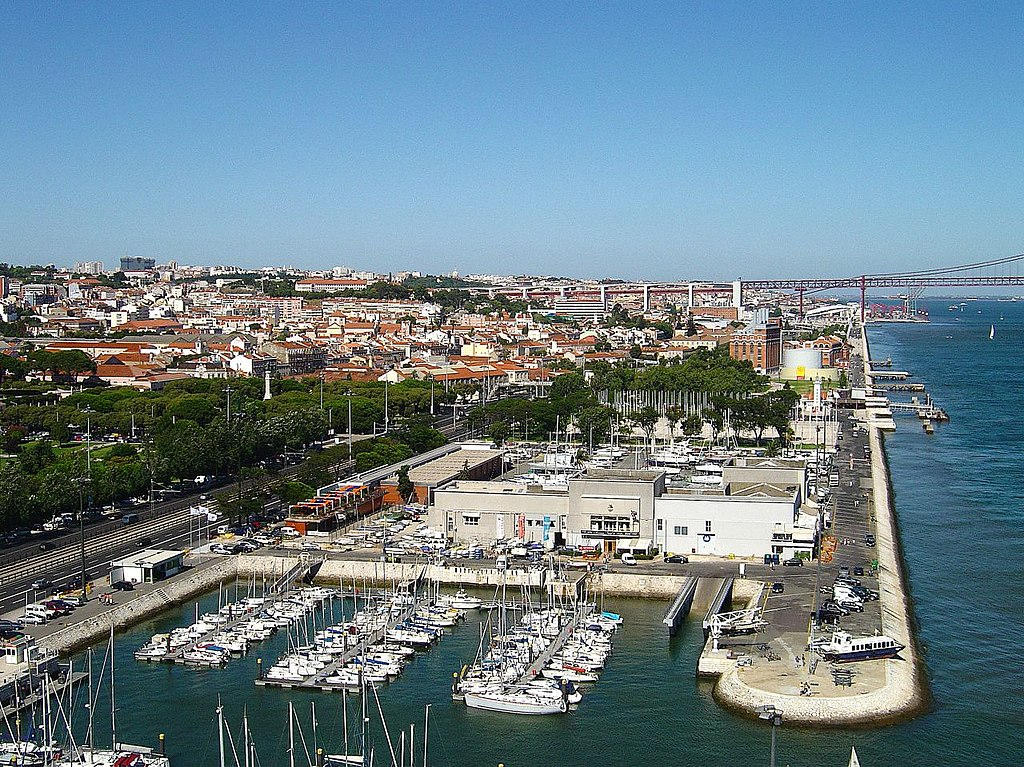Lisbon's connection to the sea can be felt throughout the city, from its historic waterfront districts to its iconic landmarks. The Belém Tower, a UNESCO World Heritage site, stands as a testament to the city's maritime past. Built in the 16th century, the tower served as a fortress and departure point for Portuguese explorers, marking the beginning of their voyages to unknown lands. Today, it stands as a symbol of Lisbon's maritime prowess and a must-visit attraction for history enthusiasts.
The Discoveries Monument, located along the Tagus River, is another prominent landmark that pays homage to Lisbon's maritime heritage. This impressive structure, shaped like a caravel ship, commemorates the achievements of Portuguese explorers and their contributions to world exploration. The monument stands as a reminder of the city's seafaring legacy and serves as a gathering place for locals and visitors alike.
Lisbon's maritime influence extends beyond its landmarks. The city's neighborhoods, such as Alfama and Mouraria, reflect the traditions and cultural fusion brought by sailors returning from their expeditions. These vibrant areas are filled with narrow streets, traditional taverns, and Fado houses, where the melancholic music of Lisbon's sailors finds its voice.
Lisbon.vip Recommends
Lisbon's maritime heritage is not only preserved in museums and landmarks but also celebrated through festivals and events. The city festivals pay tribute to the city's maritime traditions with colorful parades, music, and dance performances. The festivities bring the streets alive, inviting locals and visitors to revel in the maritime spirit that permeates the city.
Today, Lisbon's maritime heritage continues to shape the city's identity. The Port of Lisbon, one of Europe's busiest ports, maintains its strategic importance as a hub for international trade and cruise ship arrivals. The riverfront promenade, Ribeira das Naus, offers a picturesque setting for leisurely strolls and showcases the modern aspects of Lisbon's maritime activities.
As we explore Lisbon's maritime heritage, we are reminded of the city's enduring connection to the sea and the adventurous spirit of its seafaring past. The maritime legacy of Lisbon, with its historic landmarks, cultural influences, and ongoing maritime activities, serves as a reminder of the city's pivotal role in shaping global history and its profound impact on Portuguese culture.



